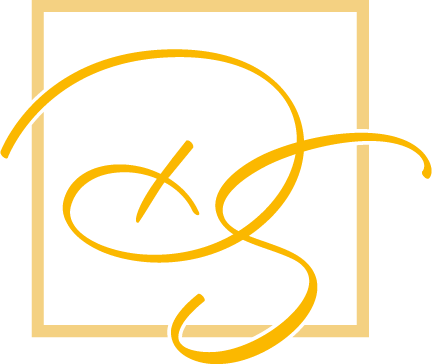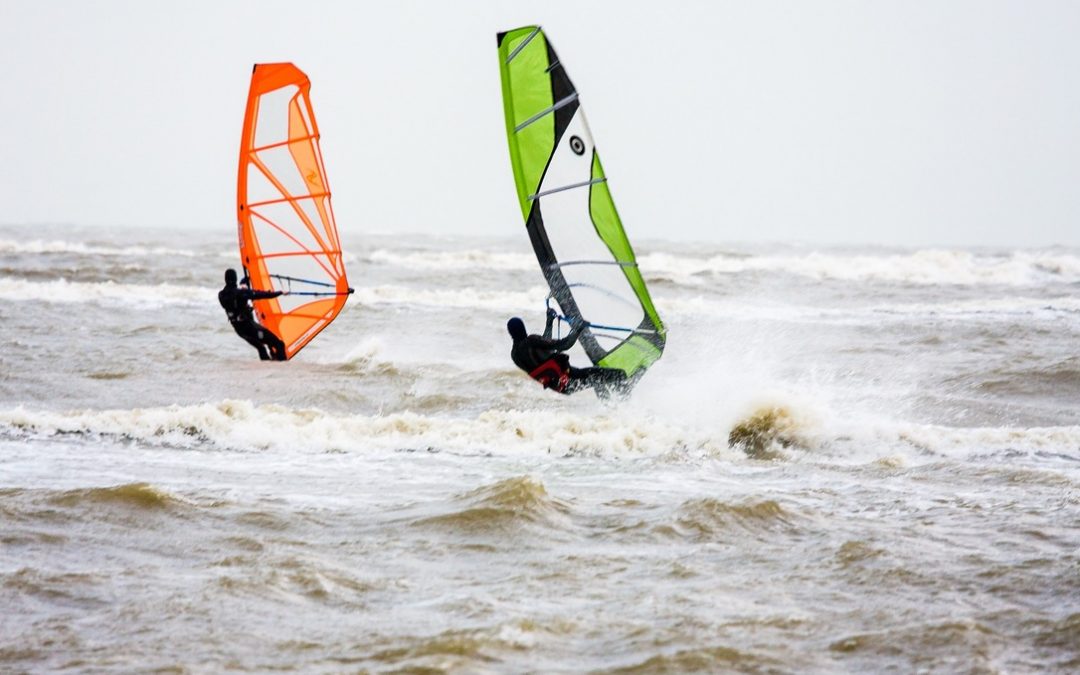(In cooperation with Harry Slegh)
Where we recently thought that after a period of social distancing, we would slowly return to a life in which we can meet in freedom and joy, increasing figures of infection and new measures have now brutally moved us away from this dream. The Coronavirus will affect our actions for longer than we had hoped. It is inevitable that we have to take into consideration what this means for ourselves and our way of living together.
Exhausted
The consequences of months of relative lockdown are now coming to the forefront: people are tired, Het Parool recently wrote (Raounak Khaddari, July 19, 2020). Working from home is fine if you have an environment with space and relative peace. But in a small household with children who need to continue their education virtually and who require attention, this is not easy. Also, people who live alone experience – after months of isolation – that the walls of a previously delightful apartment are ruthlessly closing in on them. The distinction between free time and work time is becoming blurred. In a world in which we have viewed our work and activity as the main starting point for meaning in recent decades, we are downright exhausted. The energy is running out, the sentence fades, and human proximity is partly replaced by the functionality of online conversations. Sure, Zoom, Microsoft Teams and all other options enable conversations, and working online saves a lot of time, but it does not replace the real conversation in which you come together, meandering and associative, to come up with new thoughts.
A Reset
Various publications argue that we should use this time for a solid social and global reset. This experience can also be a blessing because it forces us to treat our earth differently and invites us to reconsider our dominant paradigms. It could even mean the turning point of climate change that we face if we do nothing, provided that we change our landmarks.
Meaningful Questions
How exactly? In his book Houd afstand, raak me aan (Keep Distance, Touch Me) (Amsterdam 2020), Paul Verhaeghe makes a compelling case for: sustainability as a starting point for development, female leadership with empathy as a starting point, facilitation of community spirit in neighborhoods and communities, and education in which children are given more time to move and play during school hours. His plea implies not only systemic changes but also individual behavioral changes. The queries that arise are questions such as: what do I want to focus my energy and qualities on, what aspirations do I prioritize in life, how do I keep a balance between work and relaxation, what keeps me from going for what I really find important, what possibilities are there to realize what deeply moves me, how do I want to relate to others, what ambitions and goals do I want to pursue and what ambitions and goals do I say goodbye to? These are questions that naturally matter in everyone’s life at all times, but it seems as if their urgency is now more inescapable than usual.
Course and Prosperity
Every essential change is personal, whether forced from the outside or from the inside. Being aware of what is important to you as a person makes you strong. And knowing how you can shape it frees you up. The search for it is an internal exploration, for which you don’t necessarily have to go to the farthest corners of the world.
We, Harry Slegh and Dorthe Schipperheijn, facilitate the search for your journey with a three-day retreat (in Limmen, from the 24th to 26th of August) or a two-day workshop (September / October). Make an appointment for more information or an initial exploration: info@dortheschipperheijn.nl

